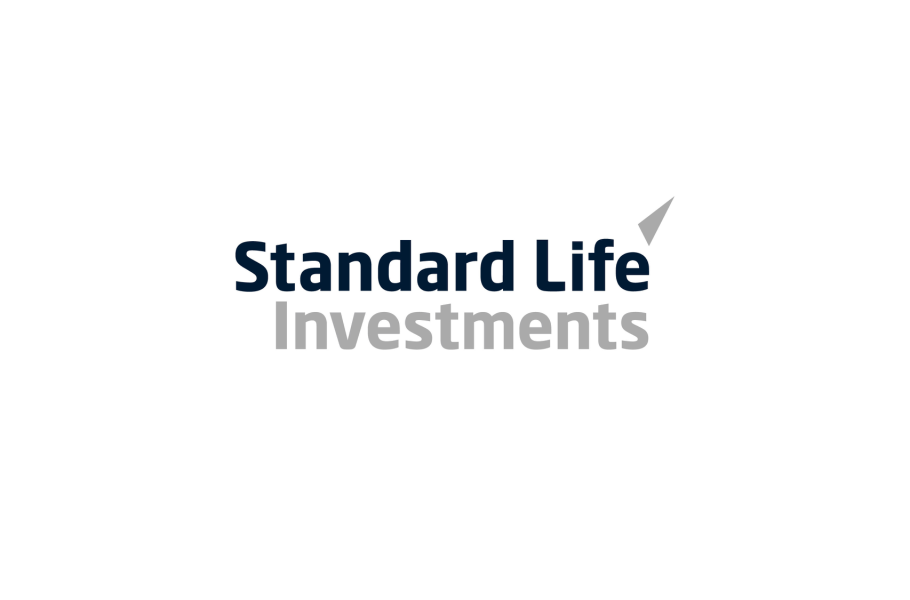Annual Members Meeting 2009
The ECGI's seventh General Assembly took place on Friday 17 April 2009 at the Chambre de commerce et d'industrie de Paris. The Annual Lecture was given by Professor Franklin Allen, Nippon Life Professor of Finance and Economics at the The Wharton School, University of Pennsylvania and ECGI Fellow. His presentation "Corporate governance and the current crisis" and the panel discussion that followed were conducted under the Chatham House rule.

The Standard Life Investments Finance Prize was won by Xavier Giroud, New York University, Holger Mueller, New York University, CEPR and ECGI with:

The Law Prize was won by John Armour, University of Oxford and ECGI, Simon Deakin, University of Cambridge and ECGI, Prabirjit Sarkar, Jadavpur University, Mathias Siems, University of East Anglia, Ajit Singh, University of Cambridge with:
Programme
Dinner at Drugstore Publicis – Le Marcel and Presentation of the 2009 ECGI Working Paper Series Prizes
Annual General Meeting of the ECGI - Chambre de Commerce et d'Industrie, Paris
Break
Panel Discussion 2009
Moderator
Panelist(s)
Speakers
David Frick
Franklin Allen
Presentations
Gallery
Contact









